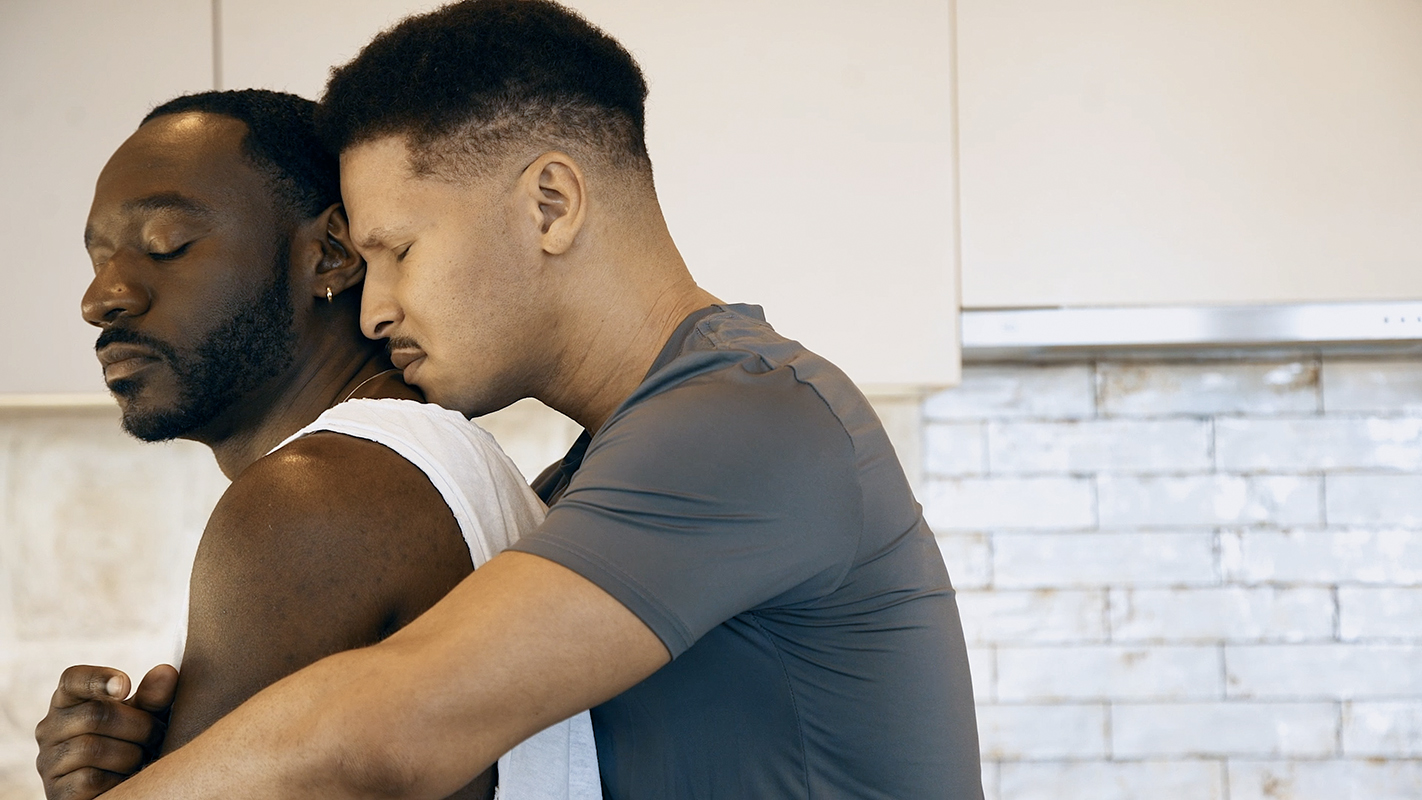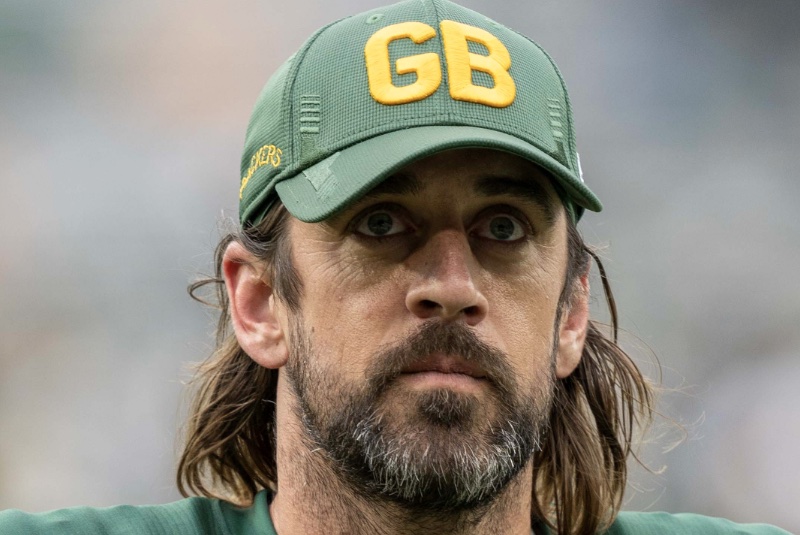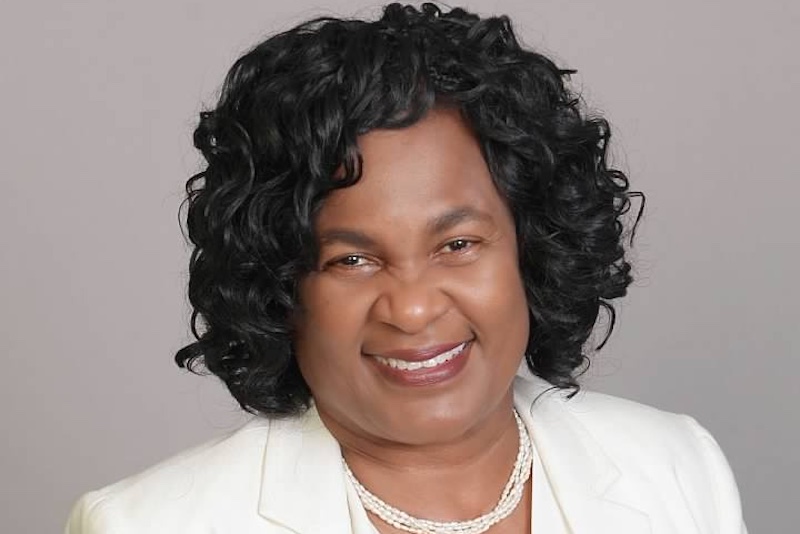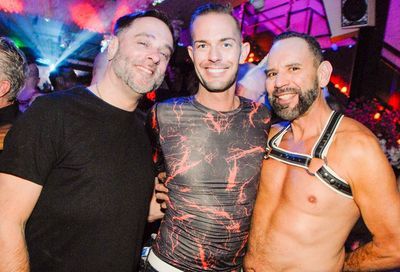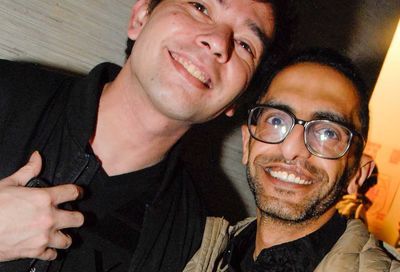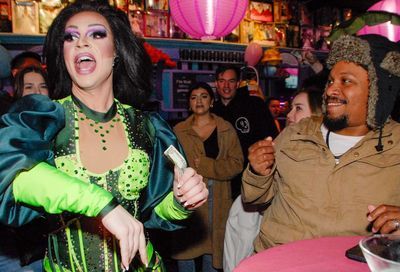Doctor, Doctor
Despite gains in society, gays and lesbians still face challenges receiving equal treatment in health care
Back in the very early 1990s, not long after college and in the depths of my great post-collegiate career crisis — fancy speak for ”educated and unemployed” — I found myself without health insurance. This seemed no big deal for a young, healthy, adult male.
Then my wisdom tooth decided to make a move, becoming impacted, painful and in desperate need of removal. After many calls to dentists’ offices to no avail, a friend told me to call a local dental school where in exchange for being a student’s lesson I could have the tooth removed for $50.
No health insurance meaning no choice, that’s what I did.
I got a Novocain injection — you need insurance to get the good stuff — and an explanation that my deeply rooted tooth would need to be cut apart in my jaw in order to be taken out.
It was about the time that I began flailing my arms wildly and choking out guttural screams from my wedged-open mouth — causing the student to remove his little power saw and the supervising dentist to ask, ”Are you feeling something?” — that I formed some particularly strong ideas about our nation’s health care system.
Now, it may not be entirely fair to base my opinions on health care reform solely on a painful, uninsured medical experience. But, even as brief as the time was, living without health insurance and suddenly needing it is rather enlightening.
The same goes for being openly gay and getting health care.
I’ve had a doctor go chilly on me when I mentioned my orientation. I’ve had friends who’ve experienced the same. I had a friend, since passed, who ended up in the farthest ends of the hospital ward with a big biohazard sign stuck to the door of his room.
I’ve watched as HIV-prevention science ignored sex between men, focusing studies on the efficacy of microbicides solely on vaginal use. I’ve seen condoms for receptive sexual partners instantly branded ”female condoms,” and nearly 20 years pass before they became an openly used part of HIV prevention for gay men. I’ve listened as lesbian friends tell of their own unease dealing with physicians who essentially treat them as embryo-delivery systems rather than women in need of specific care and treatment based on their individual lives.
When Leslie Calman, executive director of the Mautner Project, says that lesbians and gay men are ”truly invisible in much of the research system,” she’s not exaggerating. (See interview, p. 24.) In many very real, very damaging ways, we simply do not count.
While we’re fortunate to live in an area with a significant supply of LGBT-friendly physicians — and, even better, many LGBT physicians and medical professionals — not everyone has the means to access them. Those are the sorts of gaps that Mautner, along with a number of other LGBT-focused health organizations, has worked to fill.
As I write this, the health care reform drama on Capitol Hill continues. If it passes, as I hope it does, it will be an important step in reconfiguring how our nation approaches health care. But, particularly for our own LGBT community, many steps remain. It’s up to us to advocate for our equal treatment in research and care.
And it’s up to those of us who have access to health care to demand treatment with respect, to help set the standard for others who may not be as ready or able to speak out for themselves.
Support Metro Weekly’s Journalism
These are challenging times for news organizations. And yet it’s crucial we stay active and provide vital resources and information to both our local readers and the world. So won’t you please take a moment and consider supporting Metro Weekly with a membership? For as little as $5 a month, you can help ensure Metro Weekly magazine and MetroWeekly.com remain free, viable resources as we provide the best, most diverse, culturally-resonant LGBTQ coverage in both the D.C. region and around the world. Memberships come with exclusive perks and discounts, your own personal digital delivery of each week’s magazine (and an archive), access to our Member's Lounge when it launches this fall, and exclusive members-only items like Metro Weekly Membership Mugs and Tote Bags! Check out all our membership levels here and please join us today!


